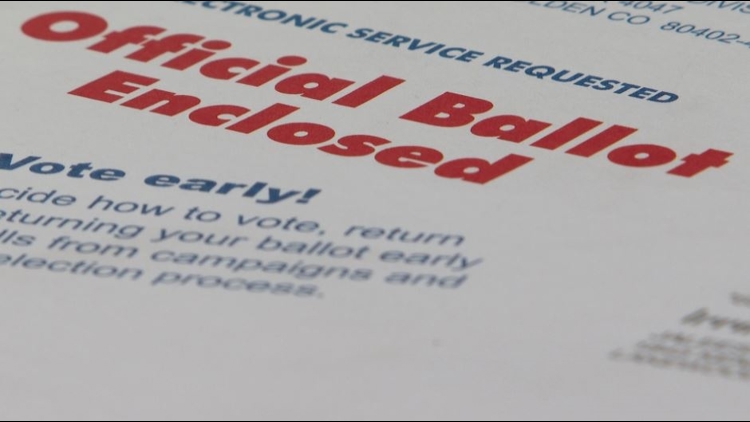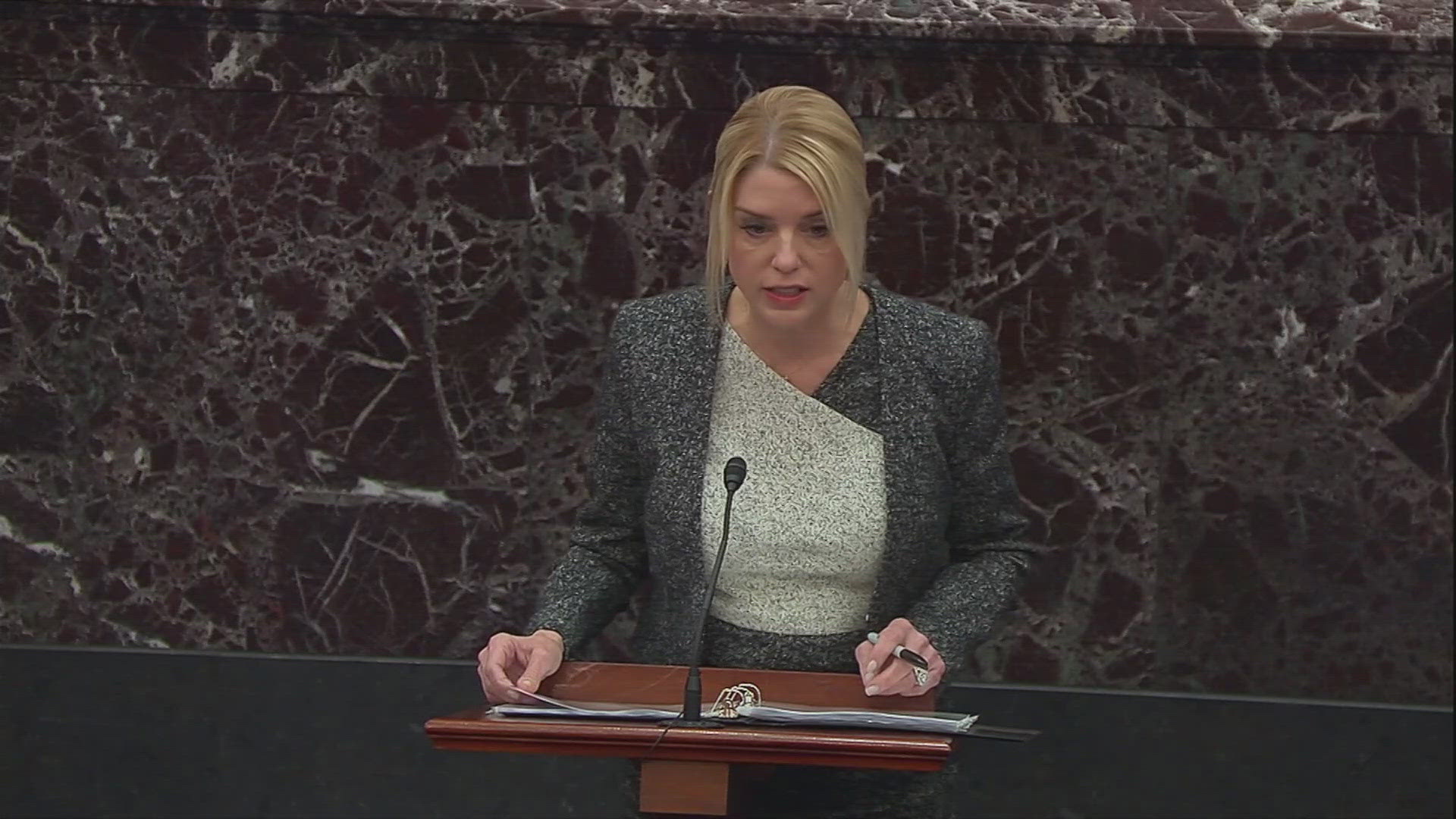COLORADO, USA — Colorado voters rejected Proposition 131, which would have changed how voters elect candidates to a ranked choice system.
Opponents of the measure, including the Colorado Democratic Party, declared victory on Tuesday night. The AP called the race at 9:13 a.m. Wednesday.
“Colorado’s gold-standard elections are the best in the country," said Shad Murib, chair of the Colorado Democratic Party, in a statement. "Proposition 131 would have sacrificed the safety and security of our election system for the whims of special interests and big corporations whose pay-to-play tactics would have flooded the state with even more dark money."
The latest results are below:
Results are called by The Associated Press. Click here for more on how AP calls races.
Here's what Proposition 131 would have done:
According to language in the Colorado blue book, Prop. 131 would "create an all-candidate primary election for certain state and federal offices, where the top four candidates advance to the general election; and allow voters to rank those candidates in the general election, with votes counted over multiple rounds to determine who wins the election."
Ranked choice voting would impact the following general election races:
- U.S. senator
- U.S. representative
- Governor
- Secretary of state
- State treasurer
- Attorney general
- State Board of Education
- CU regent
- State senator
- State representative
Ranked choice voting would not be used in the election for president, district attorneys or local city and county offices (unless those local cities and counties have enacted their own ranked choice voting policies).
If Proposition 131 is voted in, it creates one ballot for all primary candidates. A voter would choose one candidate, but the top four vote-getters would advance to the general election regardless of party affiliation.
A YES vote on Proposition 131 establishes an all-candidate primary for all voters regardless of their political party for certain offices and advances the top four candidates to a general election where voters rank the candidates in order of preference, once certain conditions in state law are met.
A NO vote on Proposition 131 continues the existing primary election system, the current method of selecting candidates and counting votes at general elections.
How does the current election system work in Colorado?
Right now, Colorado's primary elections are used by political parties to nominate candidates for public office. The state conducts primary elections for the major political parties to determine each party’s nominee for each office in the general election. Voters affiliated with a political party may cast a primary ballot only for candidates of that party, and unaffiliated voters receive ballots for both major party primaries but may participate in one of them.
Other political parties may also nominate candidates to the general election. Nominees from each political party are then placed on the general election ballot, along with any qualifying unaffiliated candidates. Unaffiliated candidates qualify directly to the general election by gathering signatures and do not participate in primary elections. The general election then determines which candidate is elected to an office.



